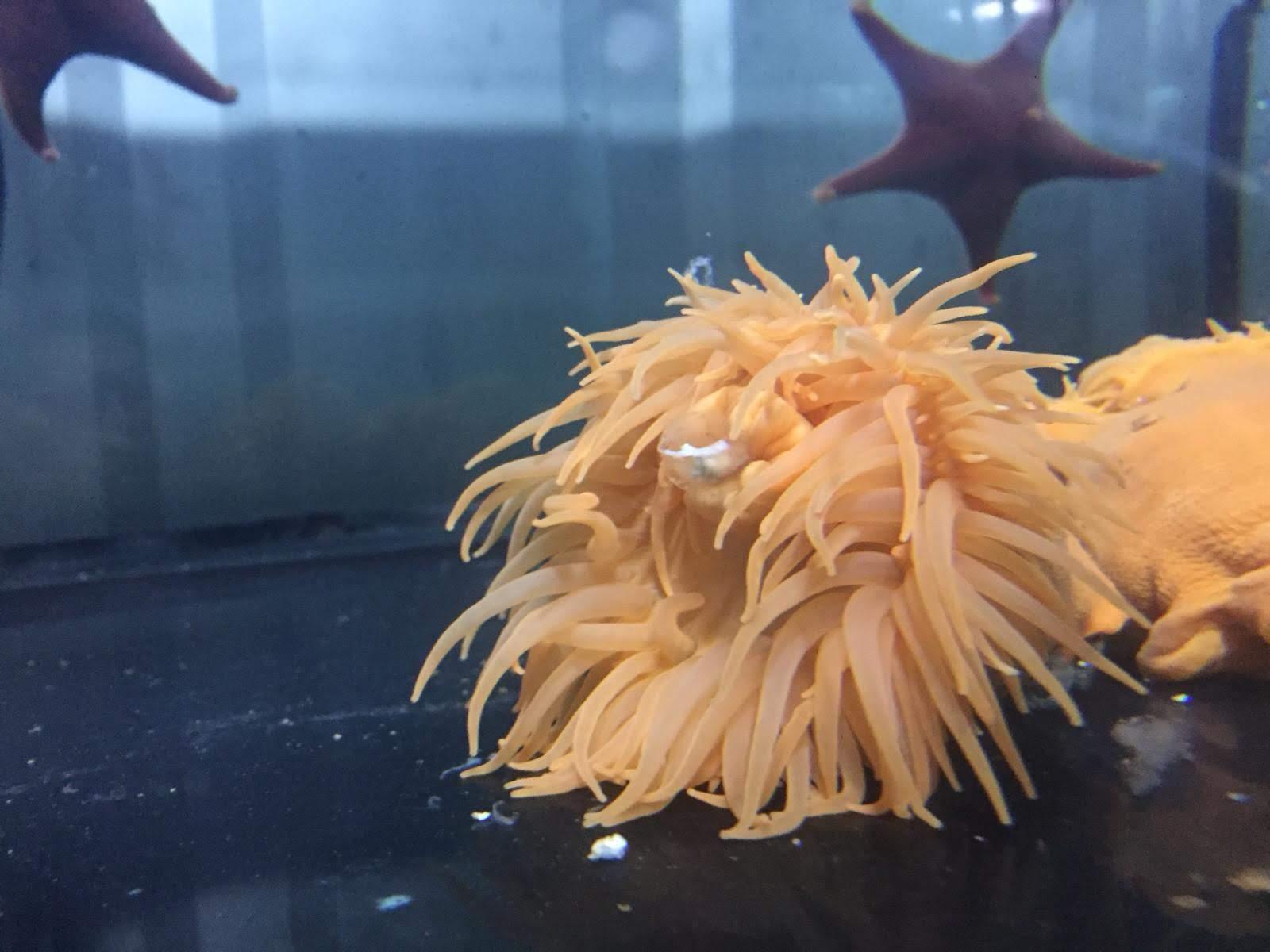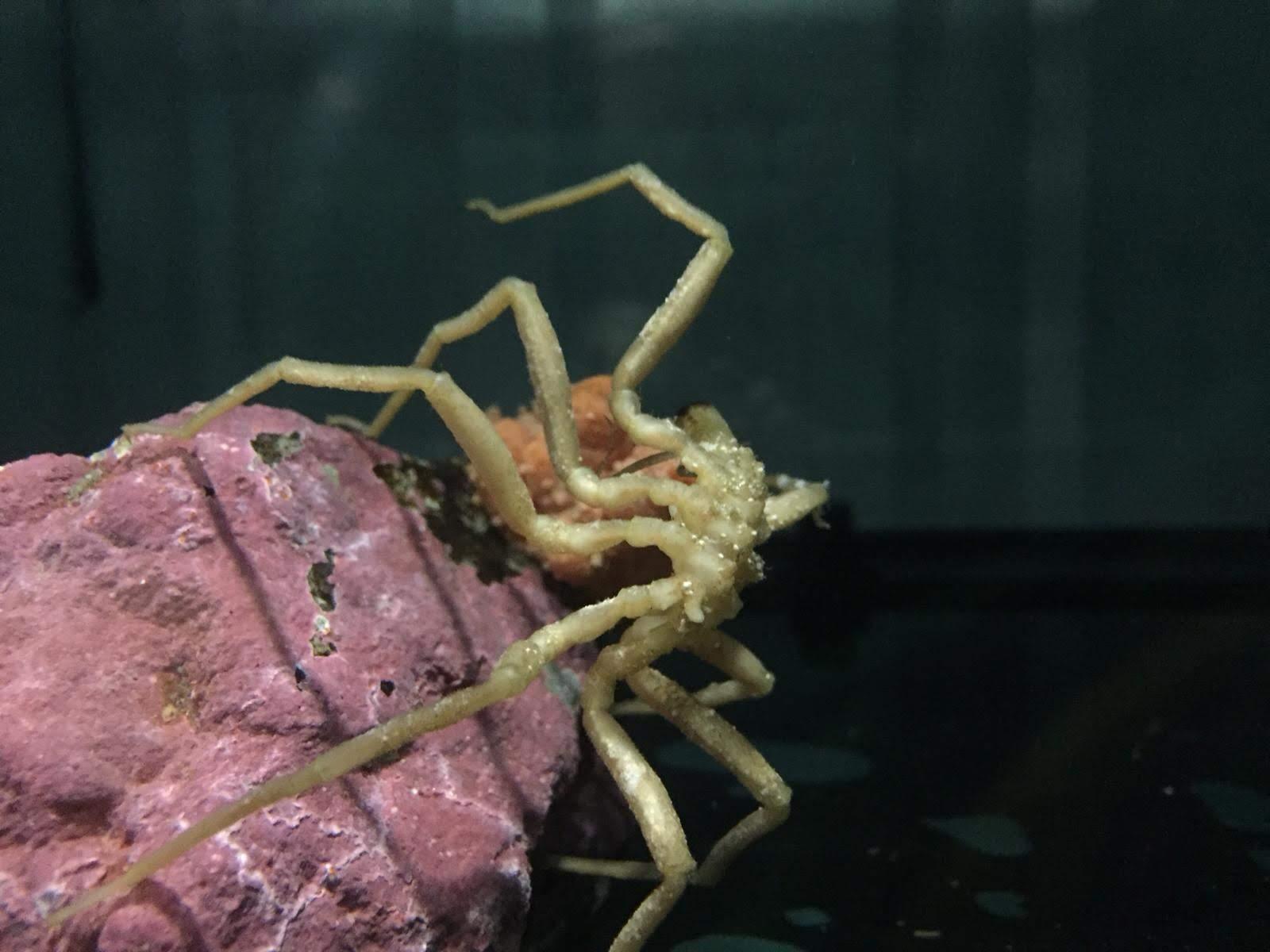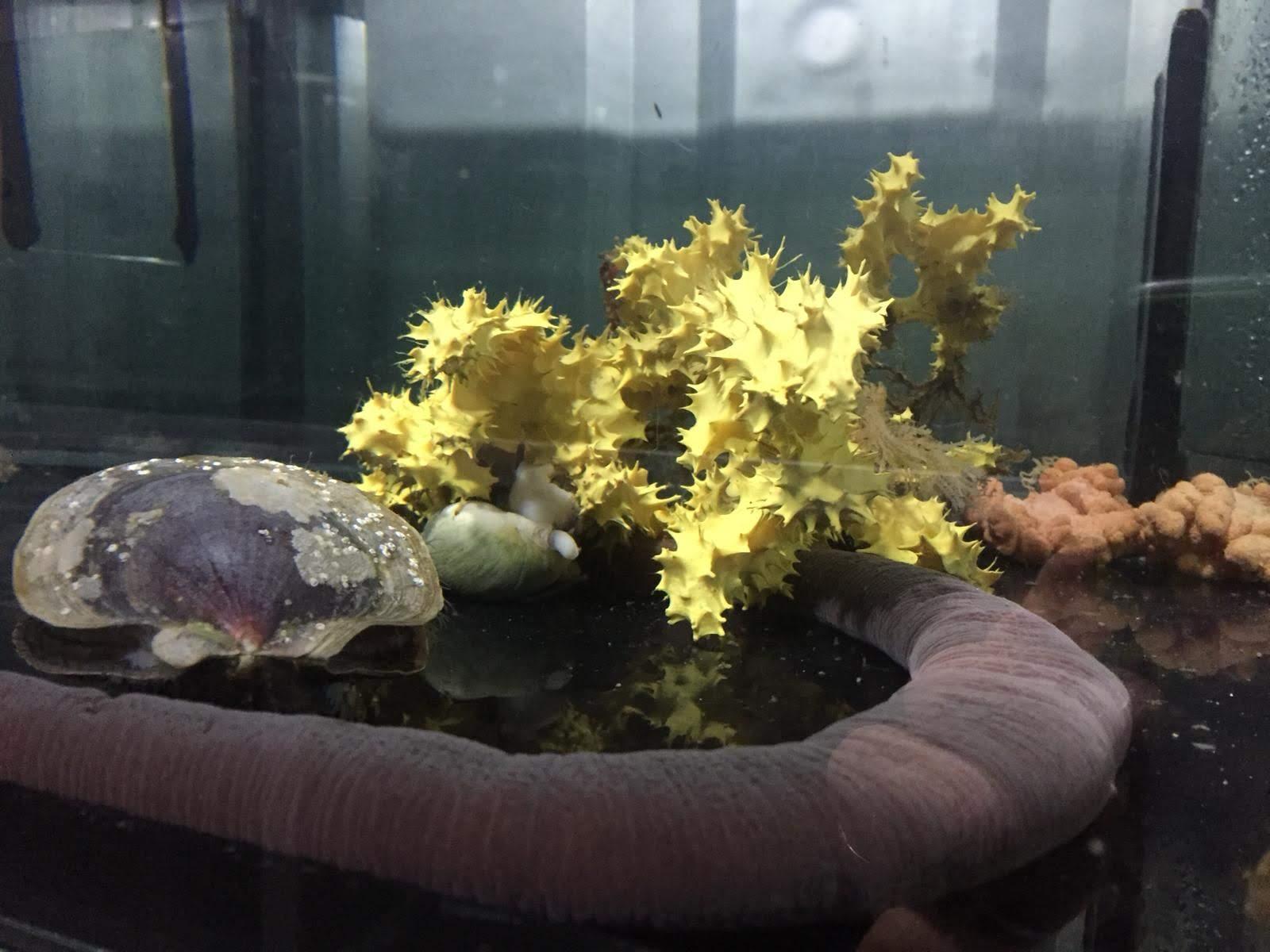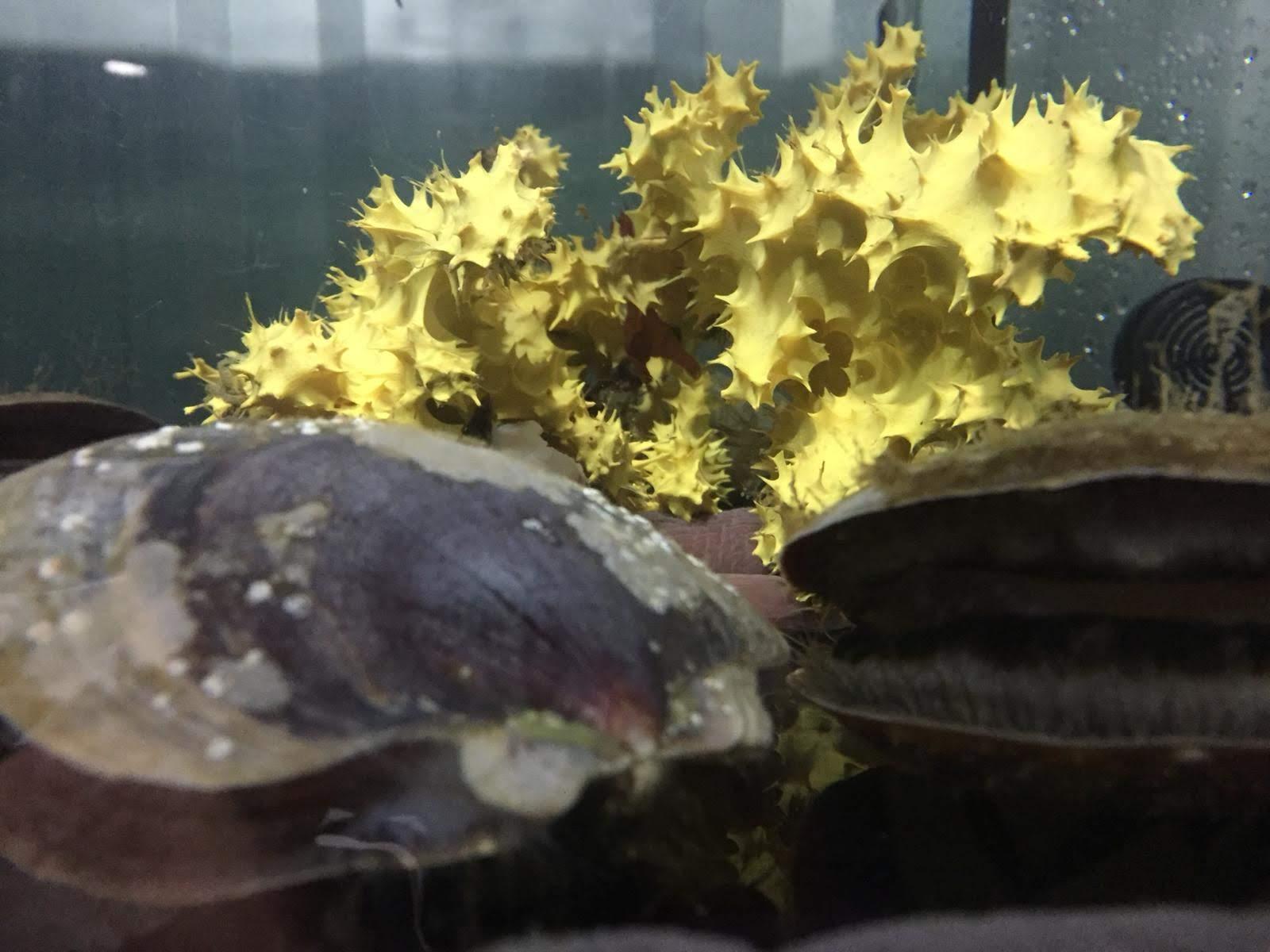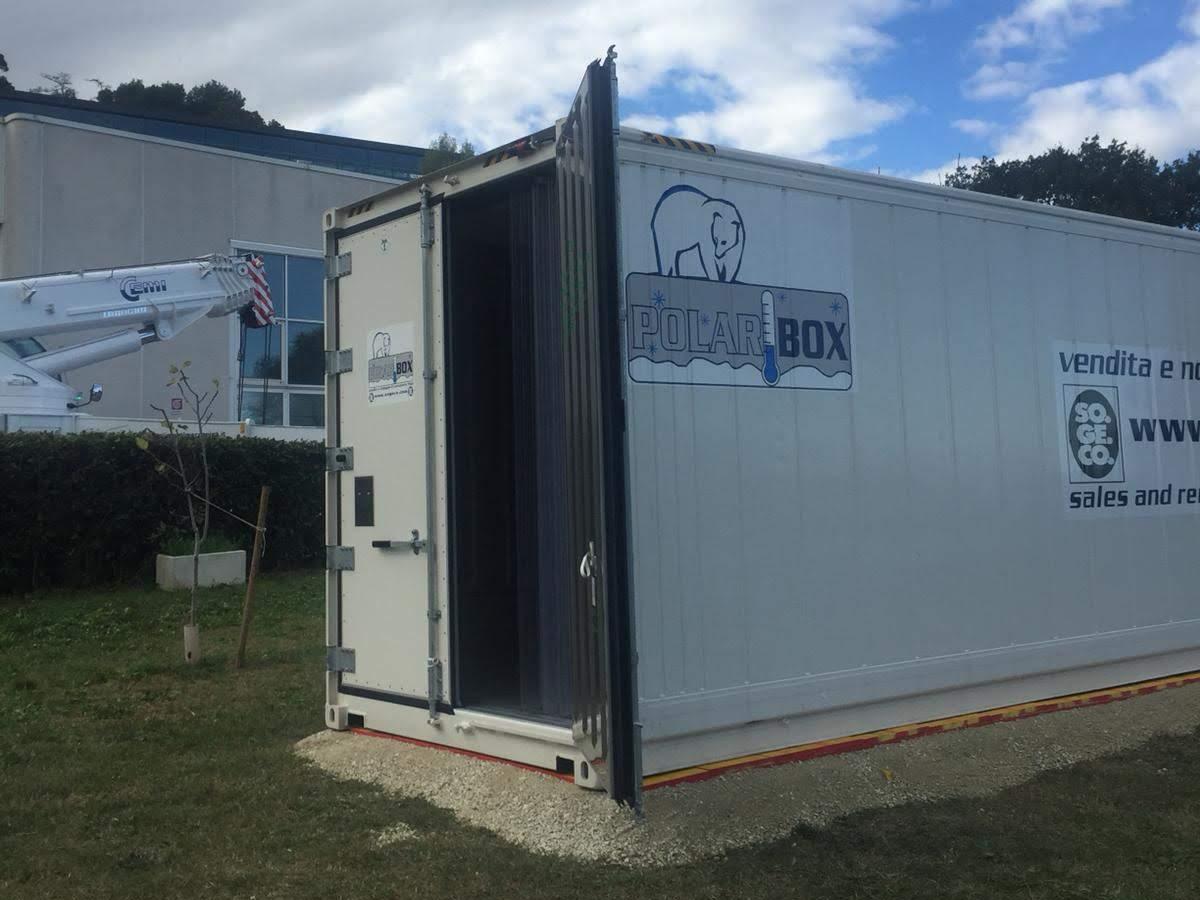- Acronym
- PNRA16_00294
- Code
- PNRA16_00294
- Anno
- 2016
- Research area
- Life science
- Specific research topic
- Adaptation of marine organisms to multiple stressors, climate change, and contamination.
- Region of interest
- Terra Nova Bay
- PI
- Francesco Regoli
- PI establishment
- Francesco Regoli Dipartimento di Scienze della Vita e dell’Ambiente, Università Politecnica delle Marche
- Institutional website
- https://www.disva.univpm.it/; https://www.univpm.it/Entra/; https://disva.univpm.it/content/laboratorio-di-ecotossicologia-e-chimica-ambientale
- Other institutions and subjects involved
- UR.2, IBBR-CNR Napoli, Dr. Ennio Cocca; UR.3, Università di Pisa, Prof. Marco Nigro
- Consistency of the research team
- In addition to the structured staff consisting of researchers and technicians, the project also involved master's degree students, doctoral students, and fellows for a total of 12 people.
- Project status
- Completed
- Main stations used
- MZS
- The project
This project aims to study the vulnerability of Antarctic organisms to environmental disturbance both of natural origin and related to increased anthropogenic pressure. Due to the extreme environment in which they live, low temperatures, strong seasonality, and the presence of sea ice, from a biological point of view Antarctic organisms, differ greatly from temperate species and are potentially more vulnerable to environmental stressors. In particular, antioxidant defenses are critical in the adaptation of Antarctic organisms, as certain physiological adaptations make them more susceptible to the action of reactive oxygen species (ROS). Previous PNRA projects have shown that the antioxidant system is of fundamental importance in Antarctic fish and shellfish in counteracting and modulating effects related to possible anthropogenic and climatic changes. However, our knowledge of the synergistic effects of these multiple stresses is still limited. The overall aim of this project will be to further our knowledge of the cellular regulatory mechanisms of antioxidant systems and to evaluate the occurrence of cellular toxicity in response to possible climate change and its interaction with the disturbance of chemical pollutants. The organisms that will be studied in this project, key species in this ecosystem, are the pectinid Adamussium colbecki and the nototenid Trematomus bernacchii, which will be exposed in the laboratory to different conditions of temperature, pH and environmental contaminants in order to simulate potentially realistic scenarios with regard to both climate change and a hypothetical contamination phenomenon in the vicinity of Mario Zucchelli Base. Finally, the project also plans to conduct further experiments on organisms transported alive from Antarctica that will be maintained in an aquarium built for housing Arctic and Antarctic species.
- Images
-
- Motivation, importance of research
This project aims to increase scientific knowledge about the oxidative metabolism of Antarctic organisms and how it affects the phenomena of adaptation and response to multiple environmental stresses to which these species may be subjected as a result of climate change and increased contamination related to local and global anthropization.
- Objectives of the proposal
The overall objective of this research is to gain a deeper understanding of the molecular, biochemical, and cellular regulatory mechanisms of detoxification processes, stress response, and onset of cellular toxicity related to the presence of synergistic effects of multiple stresses that can occur as a result of climate change and environmental contamination. In addition to evaluating the responses of organisms under acute experimental treatment, an additional objective of this research is to test and understand the rapidity and possibility of recovery of optimal health status at the end of the stress-induced period. Finally, a further goal of this project is to transport live marine organisms to Italy in order to set up a polar aquarium that can serve in the future both to carry out long-term experiments and as a hub for dissemination about Antarctica and the research conducted under PNRA.
- Activities carried out and results achieved
Activities related to this research project involved experimental activities that were conducted at the aquarium infrastructure of the Mario Zucchelli Station. The experimentation involved laboratory exposure of pectinids and fish to multiple stressors, such as changes in temperature and pH, as well as typoci reference toxicants of anthropogenic contamination. Regarding the first aspect addressed in this research on the study of antioxidant defenses, the results showed a strong response of this system at the molecular level following the various experimental conditions, underscoring its extreme sensitivity in these organisms compared to temperate organisms. Furthermore, comparing the results obtained for A. colbecki with those of T. bernacchii we observe for pectinide there is a greater impact in the response of this system, indicating for the bivalve a better response capacity, probably being able to contain cellular damage within shorter times, or the onset of milder toxicity effects.
The second part of this research project was aimed at transporting live organisms from Antarctica in order to set up a polar aquarium useful for investigating both long-term effects on polar organisms, which is impossible to carry out in Antarctica, and to carry out educational outreach activities toward schools.
In order to carry out this part of the project, the Polytechnic University of Marche team set up a polar aquarium, consisting of a refrigerated container set up with a system of tanks suitable for maintaining polar organisms. Thanks to the support of the logistics and scientific staff of the base present during the XXXIV Italian expedition, some specimens of polar vertebrates and invertebrates, including corals, sponges, anemones, pycnogonids, nemertines, bivalves, gastropods, and echinoderms. The success in both transporting and housing these organisms represents an excellent result that could kick off a series of regularly conducted transports to enable the creation of a permanent facility capable of ensuring on these organisms both experimentation and popularization and "Citizen Science" activities, representing both an important tool to deepen scientific knowledge and to promote the knowledge of Antarctic marine biology in schools and foster all science popularization projects.
- Products
Lanzoni I., Benedetti M., d’Errico G., Regoli F. Toxicity of mechanically and chemically dispersed oils in marine organisms. In preparation
Benedetti M., Cocca E., Fattorini D., Nigro M., Regoli F. Oxidative responsiveness to multiple stressors in polar species. In preparation
Tesi dottorato:
Corso di Dottorato in Scienze della Vita e dell'Ambiente, XVI Ciclo Università Politecnica delle Marche, periodo 2015-2018, Curricula Protezione Civile ed Ambientale, Dottorando Dott. Ilaria Lanzoni, Tutor Prof. Francesco Regoli "Toxicity of mechanically and chemically dispersed oils in marine organisms"
Questo studio ha contribuito anche ad una tesi di dottorato avente come oggetto il ruolo della acilpeptide idrolasi (APEH) e del proteasoma nell’insorgenza di malattie neurodegenerative e loro possibile impiego come biomarcatori.
Assegno di Ricerca:
1.12.2019 : 30.11.2019 - Assegno di Ricerca (SSD BIO/13) “Effetto dei cambiamenti climatici sulla biodisponibilità e tossicità dei contaminanti in organismi antartici”, presso il Laboratorio di Ecotossicologia e Chimica Ambientale, Dipartimento di Scienze della Vita e dell’Ambiente, Università Politecnica delle Marche.
